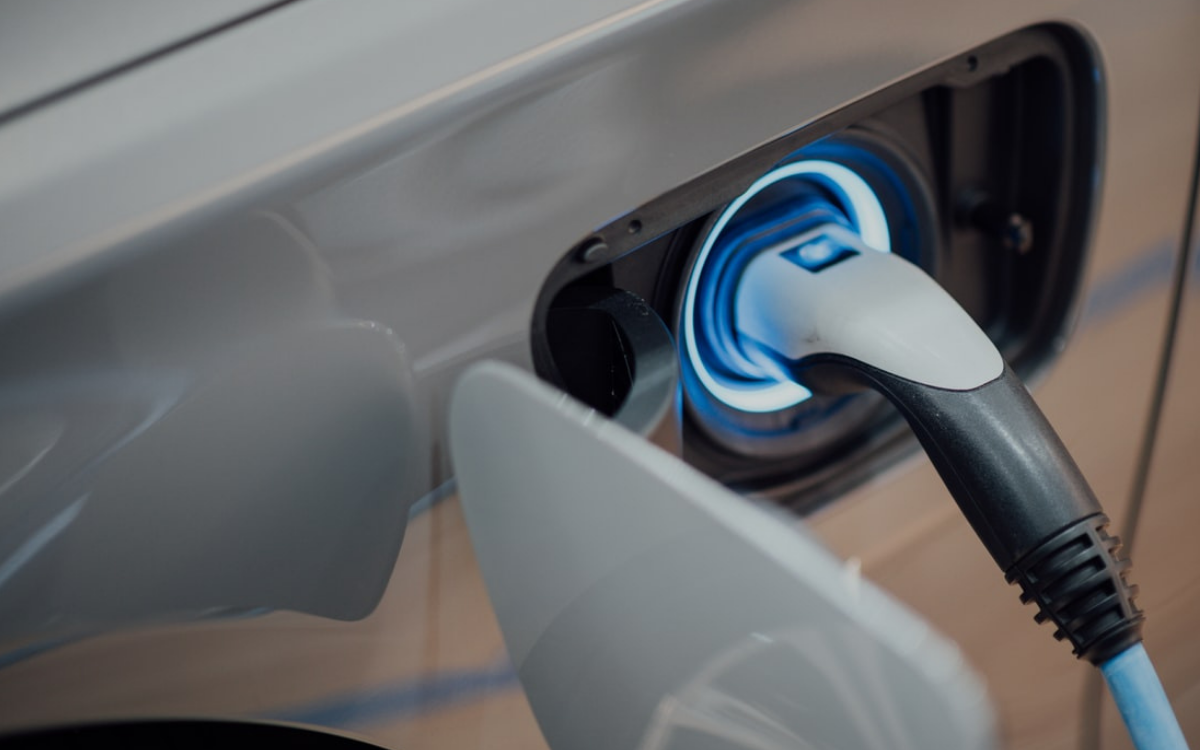For English see below.
Dit is een fysieke bijeenkomst waarvoor uw corona-check QR-code zal worden gebruikt. Tijdens het evenement zullen de dan geldende coronamaatregelen in acht worden genomen. De locatie is groot genoeg om 1,5m afstand te houden van medebezoekers, indien u dit wenst.
Europese samenlevingen vinden het steeds belangrijker dat producten die de gezamenlijke markt bereiken verantwoord zijn geproduceerd. Zo is de EU momenteel bezig met het samenstellen van verplichte due diligence regelgeving die mogelijk alle bedrijven die zaken willen doen in Europa raakt. Dit kan grote gevolgen hebben voor de Chinese supply chains van Europese bedrijven, aangezien consumenten, bedrijven en overheden in Europa zich zorgen maken over Chinese MVO-vraagstukken, zoals omtrent dwangarbeid in de katoenindustrie in China en kinderarbeid in Chinees-Afrikaanse productieketens.

Kobalt uit DR Congo dat onverantwoord wordt gewonnen, is terug te vinden in batterijen van telefoons en elektrische auto’s.
Tegelijkertijd is maatschappelijk verantwoord ondernemen ook een populair onderwerp in China. Zo eist de Chinese bevolking dat bedrijven in het land meer rekening houden met het milieu. Daarnaast verwacht de Chinese overheid dat bedrijven zich inzetten voor de ontwikkeling van achtergebleven regio’s in China via speciale liefdadigheidsprogramma’s. Als gevolg hiervan is het aantal Chinese bedrijven dat rapporten over haar MVO-strategie publiceert enorm toegenomen.
Desondanks is het duidelijk dat Europese en Chinese verwachtingen en beleid omtrent MVO uit elkaar lopen. Op welke punten verschillen de benaderingen van MVO tussen China en Europa? Wat zullen de gevolgen zijn van mogelijke EU due diligence wetgeving voor Europese bedrijven die zakendoen met Chinese partners? En hoe kunnen Europese consumenten en ondernemers Chinese bedrijven er toe aanzetten hun producten meer verantwoord te produceren?
Deze en andere vragen zullen samen met het fysiek aanwezige publiek worden bediscussieerd door een panel van (ervarings-)deskundigen op 26 oktober in Beeld en Geluid in Den Haag. Tijdens dit evenement zal ook een nieuw LeidenAsiaCentre onderzoek over de Chinese benadering van IMVO worden gepresenteerd. Een artikel met daarin de belangrijkste bevindingen is hier alvast te lezen.
Registratie (verplicht) via de link bovenaan de pagina.
Programma en sprekers
Het evenement bestaat uit twee delen. Tussendoor en na afloop zal er ruimte zijn om onder het genot van een drankje informeel verder te praten.
Sessie 1 (14:15-15:30, Engels): Chinese MVO-vraagstukken buiten China (zoals in de kobaltwinning in Afrika). Met:
- Luuk Hoefsloot (Nederlandse ambassade Beijing)
- Stacey Links (LeidenAsiaCentre)
- Wijnand van Hooff (Holland Solar)
Sessie 2 (16:00-17:00, Nederlands): MVO- vraagstukken binnen China
- Ardi Bouwers (China Circle)
- Stijn Deklerck (Amnesty Nederland)
- Femke Den Hartog (INretail)
——————————————————————————————-
English:
Please note: This will be an in-person event for which a corona-check QR-code is necessary. The event will be organised in line with current coronavirus measures. The venue is big enough to keep 1,5m distance for those who wish to.
The first session (14:15-15:30) will be in English. The second session (16:00-17:00) in Dutch.
Awareness in Europe of the need to ensure that products reaching the common market are produced responsibly is on the rise. For example, the EU is currently in the process of developing due diligence regulations that potentially apply to all companies that want to do business in Europe. This could impact the Chinese supply chains of European companies, since consumers, companies and governments in Europe are concerned about Chinese responsible business issues, such as forced labour practices in China, and the use of child labour in African-Chinese supply chains.
Responsible business is a popular topic in China at the same time. For example, the Chinese population demands that companies operate in ways that are less harmful to the local environment, while China’s government expects companies to contribute to poverty alleviation projects. As a result, the number of Chinese companies publishing CSR reports has increased significantly over the years.
Nonetheless, it is evident that expectations and practices regarding responsible business between Europe and China diverge. In what ways are Chinese and European approaches to responsible business misaligned? What will the impact of EU due diligence regulations be for European companies doing business with Chinese partners? And how can European business and consumers move Chinese companies towards producing more responsibly?
These and other questions will be discussed among a panel of experts and with the live audience on October 26th at Beeld en Geluid in The Hague. Register for free at the top of this page. During this event, a new LeidenAsiaCentre research report on Chinese approaches to responsible business in overseas supply chains will be published and presented. You can read an article highlighting the findings of this study here.
The event consists of two sessions. Session 1 (14:15-15:30) focuses on Chinese business practices outside of China (e.g. mining in Africa) this session will be in English. Session 2 (16:00-17:00) discuses responsible business issues within China (e.g. forced labour in textile industry) this session will be in Dutch.
Speakers session 1:
- Luuk Hoefsloot (Dutch Embassy Beijing)
- Stacey Links (LeidenAsiaCentre)
- Wijnand van Hooff (Holland Solar)
Speakers session 2:
- Ardi Bouwers (China Circle)
- Stijn Deklerck (Amnesty Nederland)
- Femke Den Hartog (INretail)



